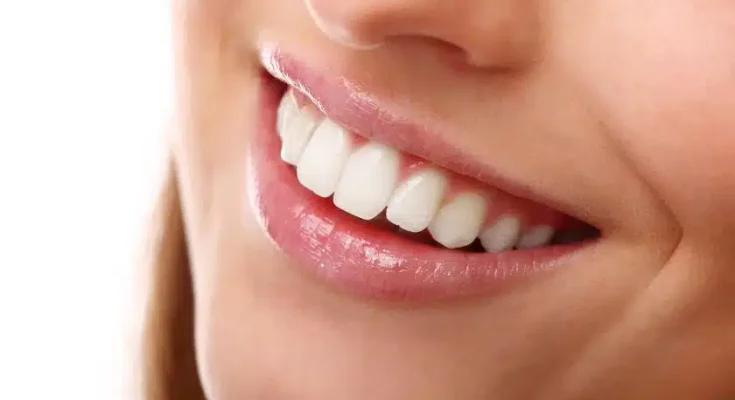Teeth whitening is a transformative and painless procedure that can elevate your smile and confidence. If you’re considering teeth whitening, it’s essential to separate myths from facts. Whether consulting a dentist in Aurora or exploring at-home options, understanding the key details about teeth whitening will assist you in making the best decision. Here’s what you need to know before embarking on your teeth-whitening journey.
Teeth Whitening Doesn’t Work on All Teeth
Teeth whitening isn’t a one-size-fits-all solution. It won’t work on teeth with caps, fillings, crowns, or veneers. Similarly, dark teeth with gray or brown discoloration can be challenging to whiten. A strong whitening gel might help if the tooth is alive, but whitening is generally not recommended for dead teeth due to the complexity of treatment.
Discoloration caused by medication, injury, or oral health issues—like exposed gums or decaying enamel—may also limit the effectiveness of whitening treatments. Additionally, older teeth, which tend to be more resistant to whitening, present a challenge due to the natural thinning of enamel over time.
The best results occur with extrinsic stains, like because of coffee, tea, or tobacco, which appear on the surface of the teeth. However, intrinsic stains—originating within the tooth due to age or medications—typically require alternative dental procedures for improvement. To analyze if this suits you, consult your dentist for a personalized evaluation.
How Teeth Become Discolored
Discoloration can occur from many factors, including diet, lifestyle, and age. Dark beverages such as coffee and red wine contain pigments that adhere to tooth enamel, causing stains. Tobacco products, rich in tar and nicotine, leave yellow or brown marks on teeth.
With time, the enamel thins, revealing the yellow spots below the teeth. Specific medications, like antibiotics and chemotherapy medications, can also cause discoloration. Identifying the source of your tooth discoloration will help determine the best treatment approach.
Crowns and veneers cannot be whitened.
Porcelain crowns and veneers are stain-resistant but cannot be whitened like natural teeth. Many people use teeth whitening before getting crowns, veneers, or implants to match their natural teeth. While porcelain resists staining better than enamel, its color remains unchanged, making pre-treatment whitening a crucial step for achieving a consistent smile.
Teeth whitening doesn’t damage teeth
Contrary to popular belief, teeth whitening from a skilled dentist is safe and effective. It uses carefully calibrated whitening properties that target yellow spots without harming the enamel.
However, at-home remedies like excessive use of lemon juice, baking soda, or hydrogen peroxide can strip enamel and irritate gums. Modern techniques, such as laser whitening, ensure a pain-free experience tailored to your needs, safeguarding oral health.
Sensitivity after teeth whitening is normal
Experiencing sensitivity after teeth whitening is completely normal and temporary. Many people have sensitive teeth—often due to genetics, thinning enamel, or damage—and may not realize it until they try over-the-counter whitening products. These products can intensify sensitivity, leading to discomfort.
Professional teeth whitening, however, prioritizes your comfort and safety. Dentists conduct thorough evaluations before starting any treatment to identify potential sensitivity issues. They can recommend solutions, such as addressing enamel concerns beforehand, to ensure a comfortable whitening experience.
Using desensitizing toothpaste or fluoride treatments post-whitening can also alleviate discomfort, helping you enjoy your brighter smile without pain. With the right guidance from your dentist, teeth whitening can be a safe, effective, and comfortable process.
Conclusion
Teeth whitening can dramatically enhance your smile, but understanding its nuances is essential. Consulting a dentist in Aurora ensures a secure and useful whitening approach tailored to your requirements. Professional guidance makes all the difference, whether addressing discoloration or managing sensitivity. Ready for a brighter smile? Contact a trusted dentist now!




